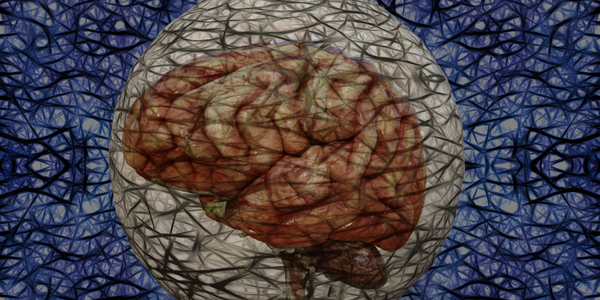
Social cognition refers to the mental processes that people use to think about, understand, and remember information about other people and social situations. It encompasses a variety of skills and abilities, such as perceiving, interpreting, and reacting to social cues, making judgments and decisions about others, and understanding the perspectives of others.
Social cognition helps us navigate social relationships and interactions, allowing us to understand other people's intentions, emotions, and perspectives, and respond in ways that are appropriate to the situation. It is an important aspect of our overall ability to communicate and connect with others, and plays a central role in our social development and ability to function effectively in social settings.
Why is Social Cognition Important?
Social cognition is important for a number of reasons:
- Navigating social relationships: Social cognition helps us to understand and respond to social cues, and to make judgments about other people's intentions, emotions, and perspectives. This helps us to effectively navigate social relationships and interactions, and to build positive social connections with others.
- Mental health: Social cognition is closely related to emotional processing and regulation, and is therefore important for our overall mental health. Individuals with social cognitive difficulties, such as those with autism spectrum disorders or social anxiety, may have difficulty forming and maintaining social relationships, which can lead to feelings of isolation and poor mental health.
- Success in work and school: Social cognition is important for success in work and school settings, as it allows us to effectively navigate group dynamics, understand and respond to the perspectives of others, and work effectively in teams.
- Improved decision-making: Social cognition helps us to understand and consider the perspectives of others, and to make more informed and socially responsible decisions.
Overall, social cognition plays a critical role in our ability to interact effectively with others and to navigate the complex social world around us. Without strong social cognitive skills, individuals may have difficulty forming and maintaining social relationships, and may struggle in various social and professional contexts.


